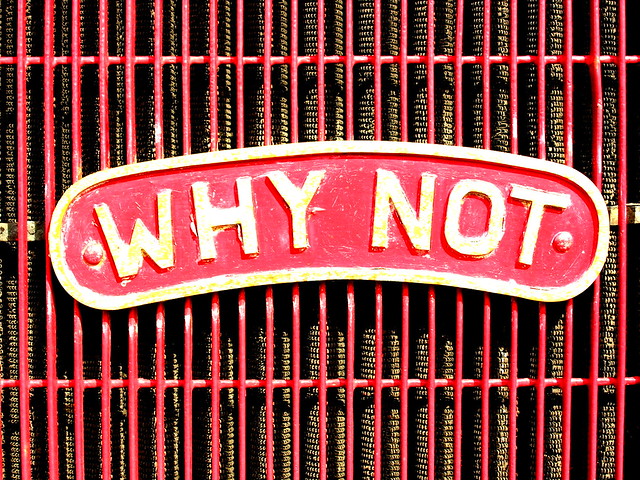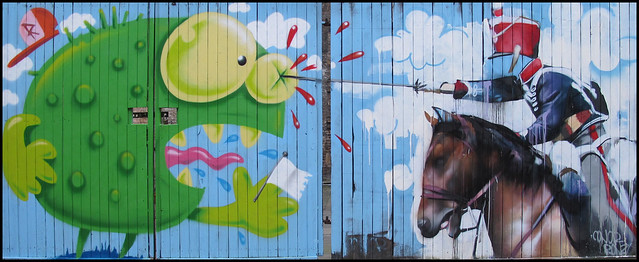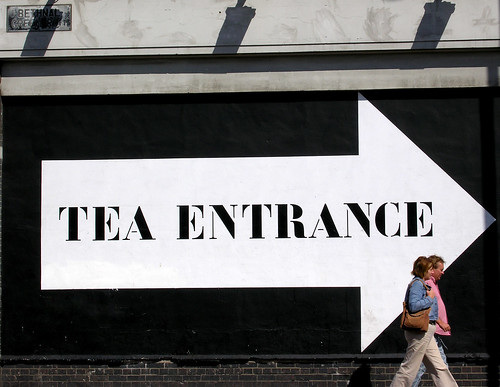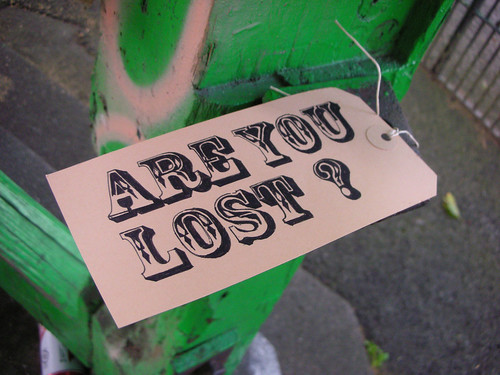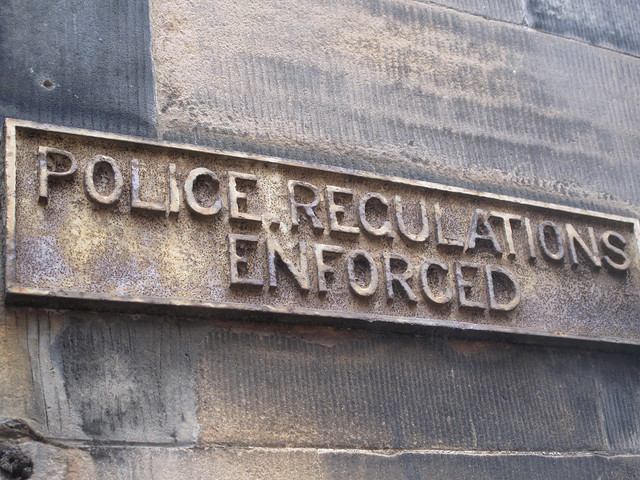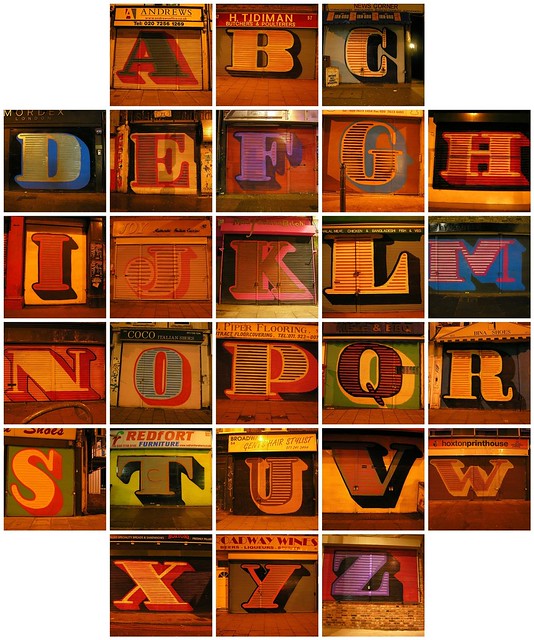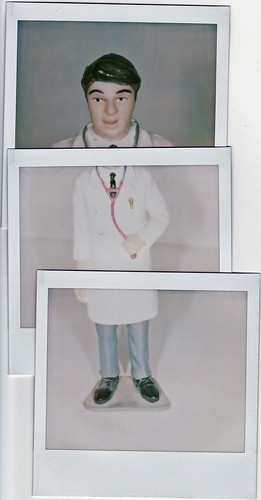Previously:
1,
2,
3The tale of Degban meets DMCA meets Flickr meets me took another turn yesterday. It was, I think, a good turn. I had a phone call from flickr. The right things were said.
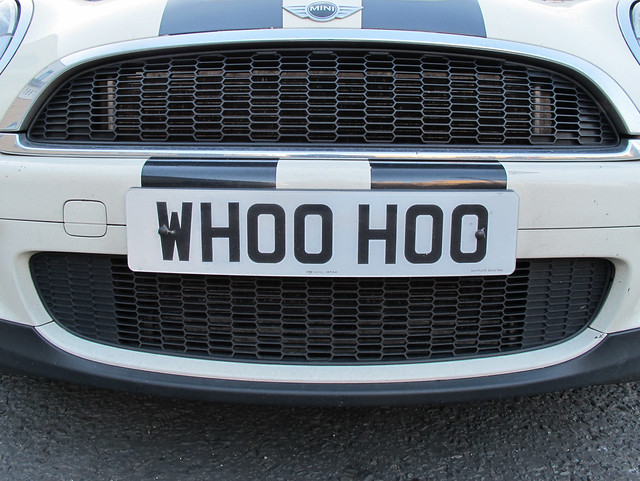
Well,"whoo hoo" may be a bit premature. But it's a step in the right direction.
Before I explain what happened I think it's probably worth me explaining why I think it's important.
Something that flickr users (inevitably) understand better than others is that flickr is not simply about photo
storage. If it
was simply about storage I'd have simply put it down to bad practice on flickr's part and moved my stuff elsewhere. (Actually, if it was just about storage none of us would have our photos online anyway, we'd just dump them all on hard drives).
No. What flickr is about - for me anyway - is photography
and community.
That's why I - and millions of other people - pay for a (misleadingly named) 'pro' account. Photos can be organised in groups, sets and galleries. They can be commented on. They can be favourited. They can be linked, blogged and shared in other ways. All those connections mean something. Maybe not a lot individually. But something.
The comments, faves, notes, sets, groups, galleries and links that connect to any given photo give that photo its
flickrness. It seems quite odd to me that flickr would ever seek to delete flickrness. Deleting the photo is one thing. That's
just storage. But
deleting the flickrness? Well, that's the extra added value. That's the reason we chose
their site over any other. That, to flickr itself, should be sacrosanct.
As I
explained previously, flickr currently has a policy that means any of its users could randomly find any of their content being deleted. A few people have queried me on this. Their argument seems to be,
"But I'm just little old me... there's nothing contentious about any of my pictures, nobody's got it in for me... it's not like someone's going to file a copyright claim against me is it?"Well the answer is that yes, they might. I didn't do
anything to annoy Degban. They didn't file a complaint against my photo out of malice. Nor did they do it with any reasoned belief that it was actually breaching their client's copyright. I don't believe for one minute that they'd even looked at it.
I'm fairly confident because I've now seen the Notice of Copyright Infringement that was filed. If you remember, they were working for a company called Wasteland. This is what their Notice of Infringement says
[--------------------------------]
Link: http://www.flickr.com/photos/dgbalancesrocks/85439592/
Source: http://of-the-wasteland.blogspot.com/
[--------------------------------]
The first line there is the url that once housed my photo. The second line... well, that leads to a blog. In particular, to
this post, which looks like this:
 click pic to enlarge
click pic to enlarge
and, in particular, to the fourth paragraph, which looks like this:

And
that, ladies and gentlemen, is it. The word
graffiti was a link to my photo. That's
all it is. My photo doesn't appear
on that page. It's just linked to
from that page. And
nothing on that page infringes on their client's copyright.
The only connection is this: in March 2006, someone put a link to my photo on their blog... and their blog was called
Of The Wasteland and six years later, Degban started working for a company called
Wasteland.
Ta dah! That's all it took. It truly could have happened to anyone.
(Indeed, the Notice of Infringement from Degban cited 28 pictures in total, so we know it happened to at least 27 other people that day... and from the pattern of Degban's misbehaviour so far uncovered it's safe to assume that it had happened to others the day before and more again the day after.)Given that there are companies that stupid and lazy filing copyright notices for reasons that spurious it's surely important that services like flickr have a robust policy for dealing with them in a way that fulfils their legal obligations while doing as little damage as possible. Otherwise, any one of us could find our content degbanned and deleted at any moment.
It is fair to say that flickr and Yahoo! were not quick to respond on this. The response from the anonymous copyright agent(s) of Yahoo's US legal team was to not answer questions and tell me the matter was closed. When I explained that to the less anonymous Yahoo UK legal team - and to the Yahoo UK Company Secretary, Abigail Harris Deans, the response was
"we're referring it to the US legal team". Brilliant.
Don't get me wrong, I don't think this stasis is unique to Yahoo. I think it's a problem with a lot of organisations. Certainly, large organisations. They've formulated company policy. The people that we, as customers, are able to get in touch with directly are paid to
implement those policies. The people who can
change those policies are, quite naturally, protected from that kind of contact. If they weren't, the chief executive of Yahoo would spend his days fielding emails about spelling mistakes made in Yahoo-News stories or the like.
(Do they have a Yahoo News? What do they do these days? Maybe he'd spend his days explaining that yes, Yahoo does still do, um, stuff.)
Even so, I'm surprised that nobody I spoke to along the way didn't stop and think,
"Hang on... these Degban muppets are a right bunch of tools... and we're just deleting our customer's stuff because of their toolishness... that ain't right... I need to tell the policy makers." It's the big companies that empower their staff to do that, that will thrive.

Having exhausted all the straight forward means of communicating with them I decided instead to try making-a-lot-of-noise.
That's why I created the
flow-chart that appeared in my
previous post on the subject - because I thought it had a good chance of being seen by a lot of people.
My thanks go out to everyone that linked to it, tweeted it, viewed it and commented. Thanks to Tech Dirt for
pushing the story again too, (good summary that). All the cage rattling helped, I'm sure.
But the shoulder that finally nudged the door ajar belongs, I think, to
Jack Schofield, the Guardian's Computer Editor.
(I think he's been the computer editor there since before computers. He was certainly doing it before I had a computer.)Jack asked one of Yahoo's London based PR people to comment and they promised to look into it.
(Hmmm. Not the Company Secretary. Not the Legal Team. PR. Worth remembering that.) I left it overnight, then called them the next day. Later that day they called me back and asked if I could take a phone call from Zack
(Senior Community Manager, Flickr) and Carmen
(Head of Intellectual Property Rights, Yahoo)(I think). I said yes.
The last time I'd spoken to Zack I don't think either of us thought it a satisfactory conversation. I don't
think he thought the policy as it stood was right. But he wasn't able to actually address any of the issues. He did promise me that someone from the legal team would contact me... and 48 hours later they did... but only to say that they weren't going to answer any questions. I don't think that was the outcome Zack intended.
Because things had now escalated, this was a far easier conversation. Neither of them were taking it lightly.
I get the impression that nobody knows why the policy
is the way it is but that everyone just assumes it was made that way for a reason and so there must be one. I guess this is
another problem with big companies.
I
know that it's technically possible for them to restore what was removed but I accept that to do so for every non-infringing image they've deleted in similar circumstances - there must be thousands - would be hugely costly. The reason I've been making noise about this is not to seek special treatment for me in this instance, but to try and persuade flickr that their current policy needs to be changed. As I've said before, I am far more invested in
not-having-this-happen-again (to me or anyone) than I am in
fixing one thing that happened on February 17th.
I believe that Flickr and Yahoo accept that the existing policy does not work for their customers and there exists, I believe, the will to try and change it. It's not going to happen tomorrow. But I think it will. Eventually.
As nobody knows what statutes they were scared of when they made the policy the way it is, I guess they'll have to tread carefully. It might be that somewhere there is a law saying they can't even hold on to a copy of a disputed image. That nobody can think of one suggests otherwise, but it
might be out there and they can't just assume it isn't.
If that's the case, well, I still think deleting
the whole page is a bad thing. If they
have to delete a contested photo completely then so be it. But they definitely don't have to delete its
flickrness too.
If for some unfathomable reason that is the constraint they have to work within, then I think a better solution would still be to replace the picture - just the picture and not the rest of the page - with a holding image. Something saying,
"The picture that normally lives here is currently subject to a copyright dispute."If they did that and held no copy of the image themselves, then cases like this one would end in one of two ways, depending on whether the user has a back-up copy of the picture or not.
1: If they do: They get to replace the holding image with the back-up and everything is as it should be.
2: If they don't: The holding image is replaced with something saying,
"The picture that used to live here was unfortunately deleted. This was because of a bogus copyright claim from Degban Ltd. www.Degban.com" (Or whoever)
In my case I'd have been able to go with Option 1. But Option 2 would still have been a better fall back position than where we are now. It would mean existing links to the picture would now be pointing to the story of
what-happened-to-the-picture rather than to dead space. It would be more open and honest. And it would provide a healthy - albeit tiny - disincentive to companies like Degban to stop playing with the copyright laws as if
your online content didn't really matter.
If that's how the law is then it's better to leave evidence around the internet showing that bad companies use bad law to make (legally)good content disappear than it is to just leave dead links lying around.
Of course it would be even better if they didn't have to rely on the user having a back-up copy and could just replace things. I think that's likely to be where we end up. We're not there yet. But I do believe it's where Yahoo and Flickr want to be.
Incidentally... many sites operate a three-strikes-and-you're-out policy with their users. If they get caught infringing copyright three times they get their whole account deleted. Maybe there should be some provision within the DMCA to ensure that companies who abuse it more than three times lose the ability to invoke it again. Given that Degban have demonstrably filed hundreds of bogus copyright claims, it wouldn't be a bad thing if service providers were told they were no longer obliged to process them. They can't honestly claim to be filing these notices based on a reasonable, good faith belief now can they? If that was the penalty, I bet they'd pay a bit more attention to the claims they file. (
And so would Warner Brothers) How do we make
that happen?
